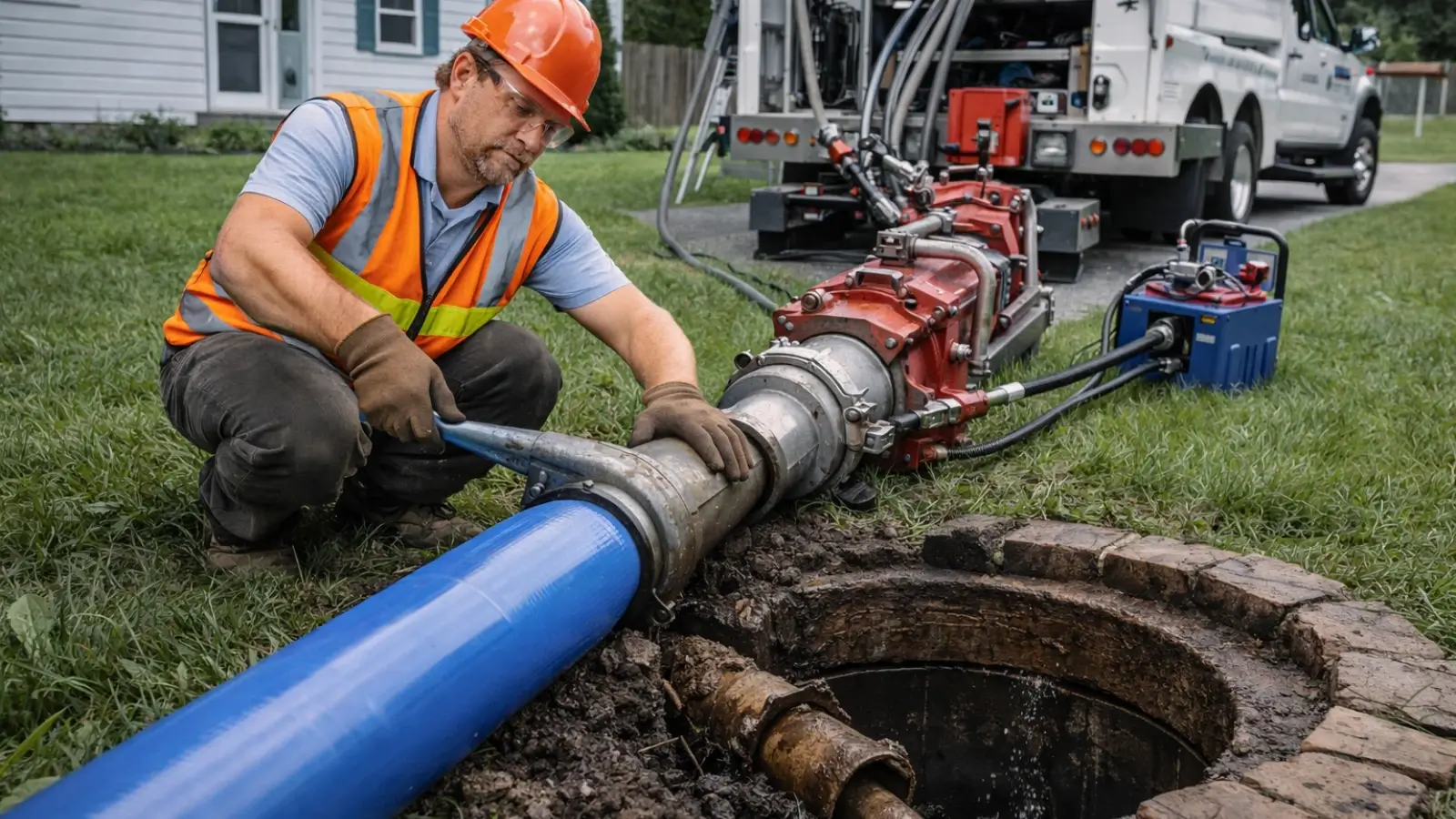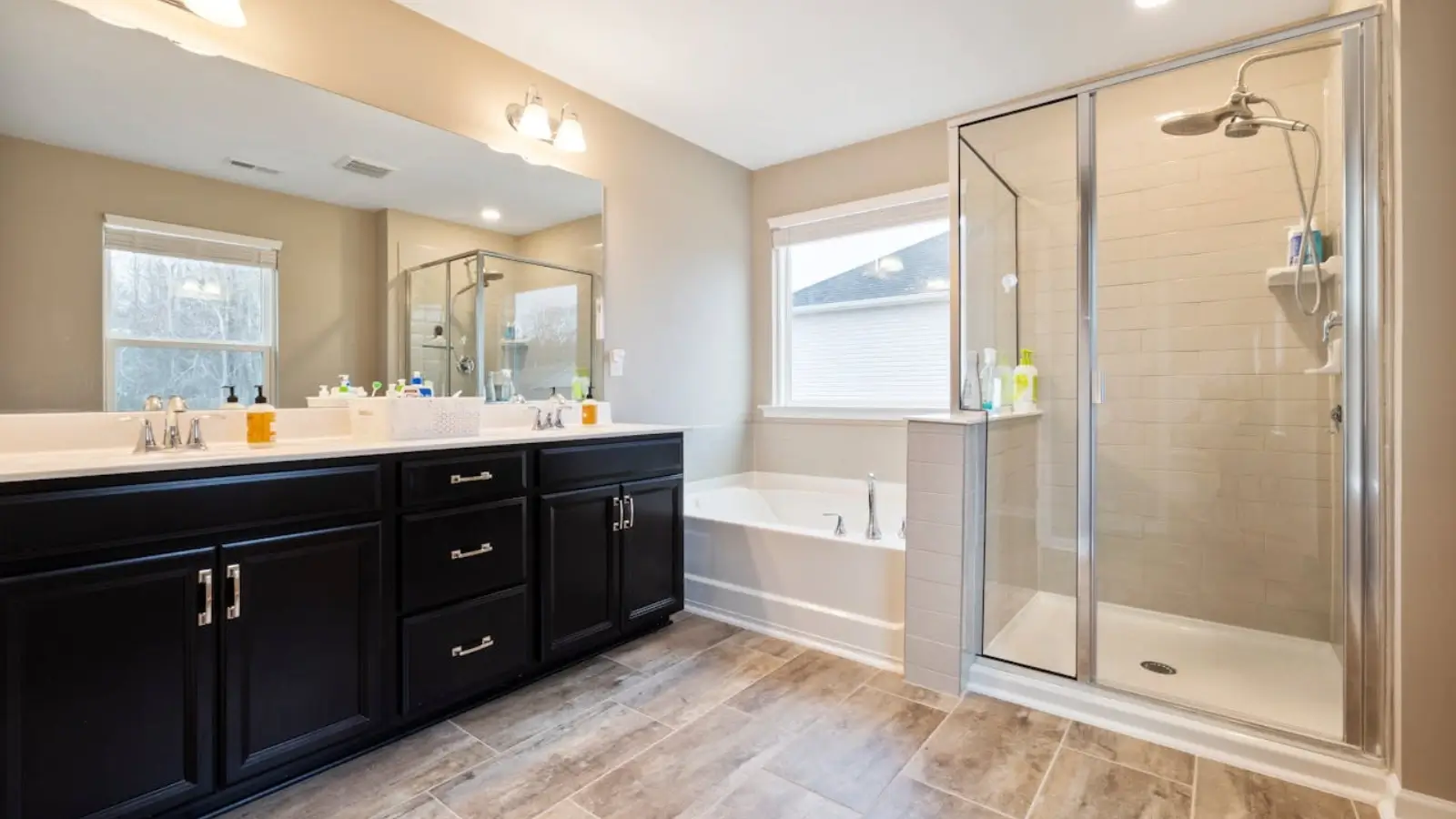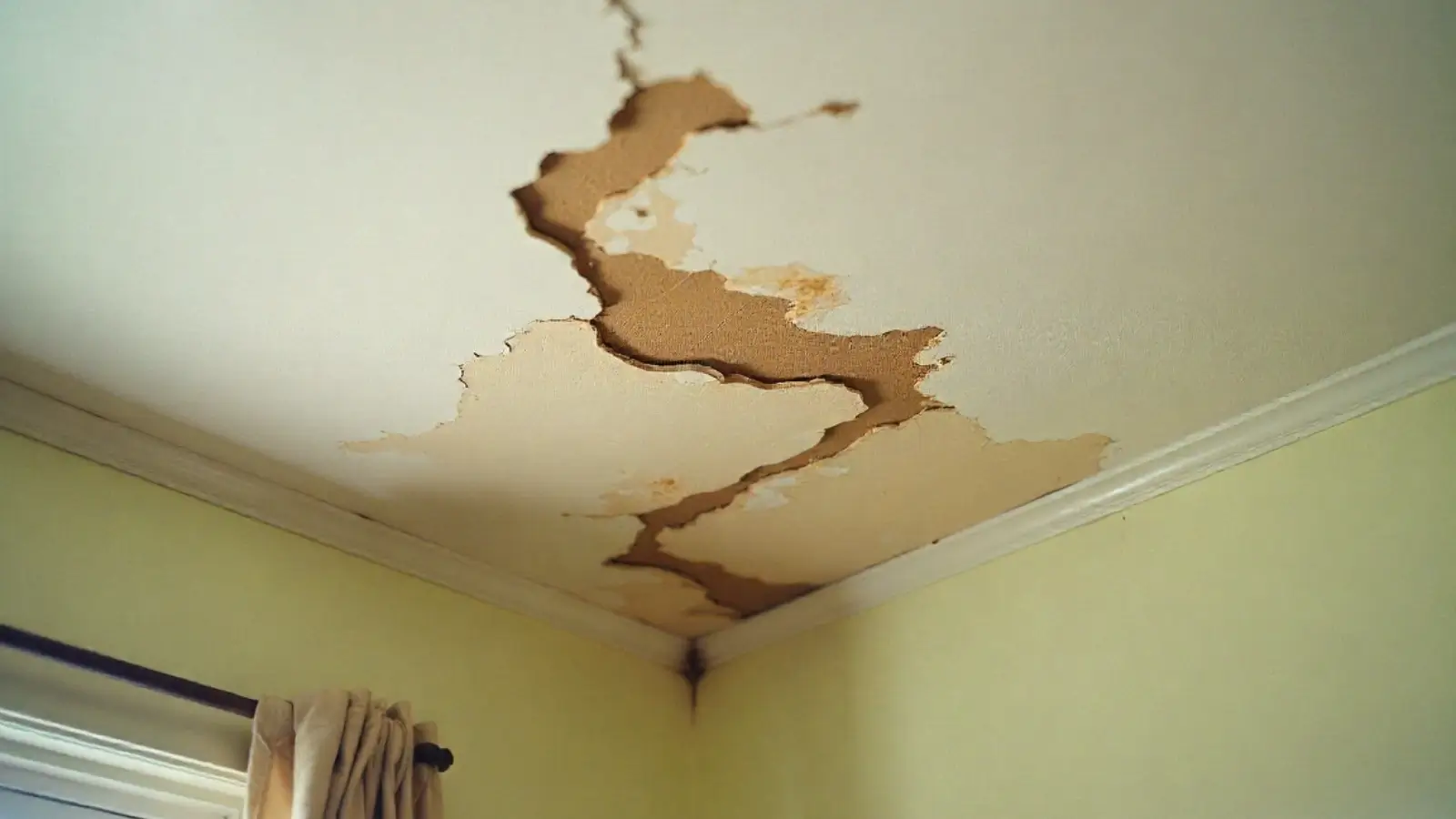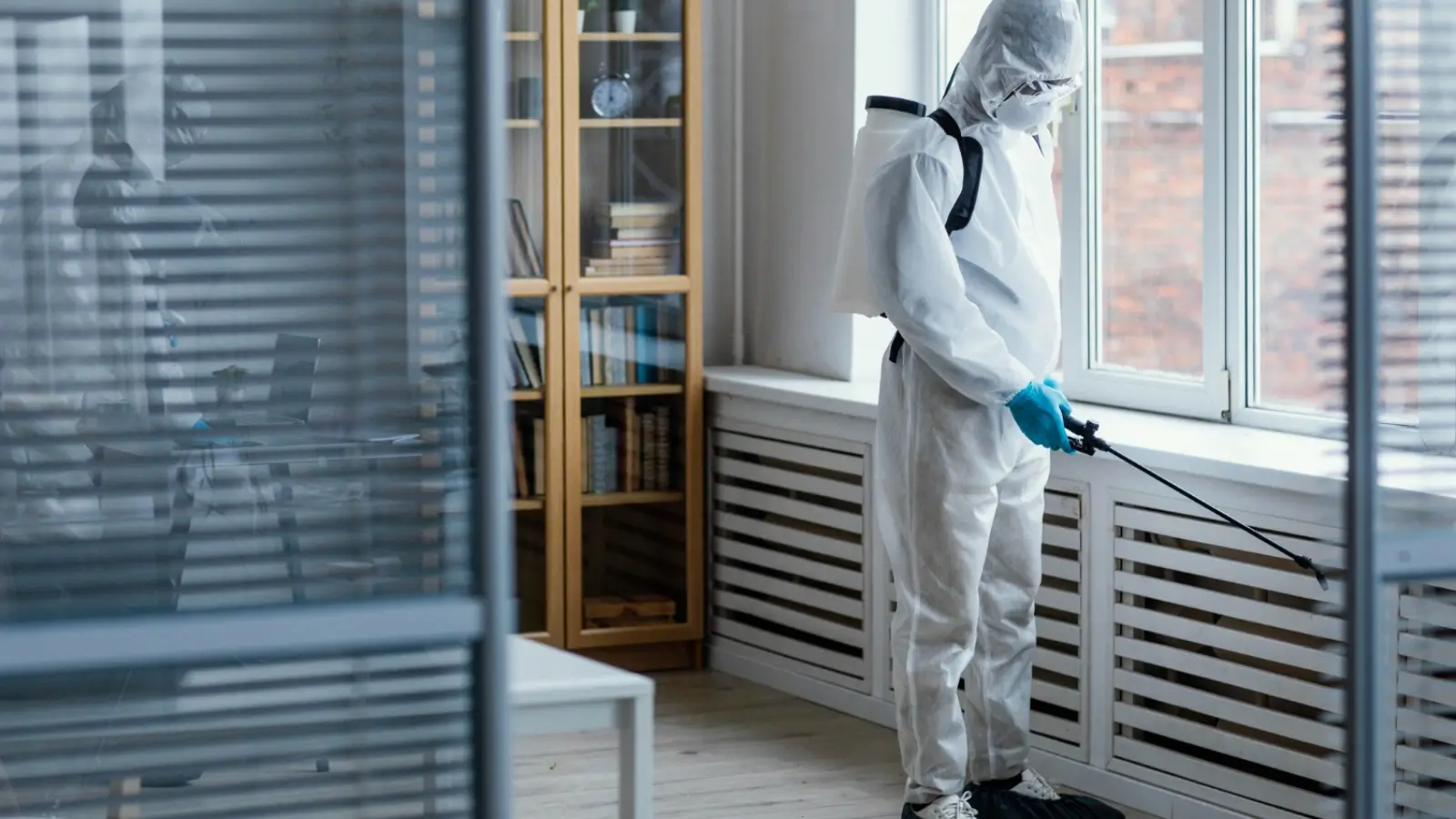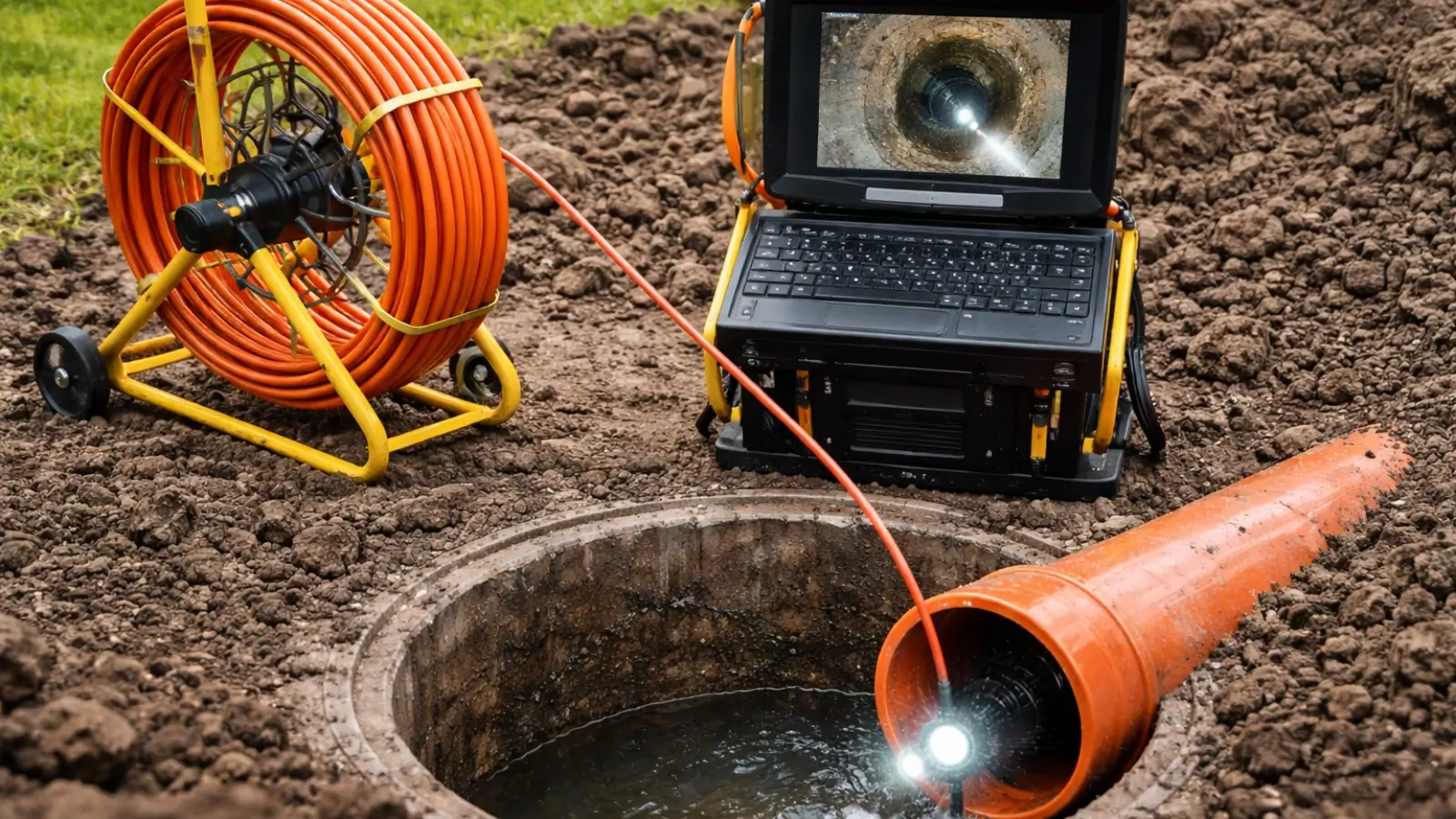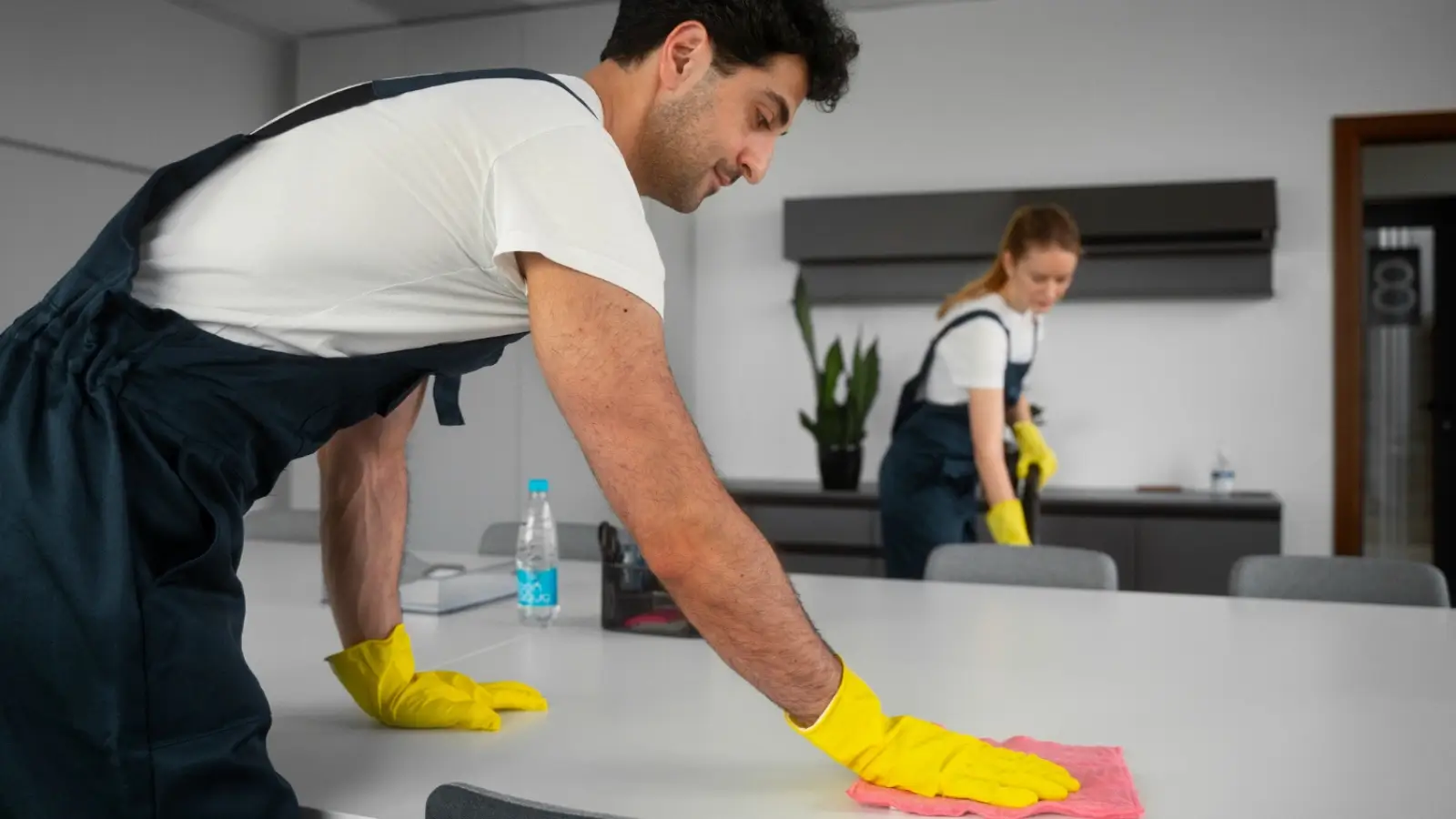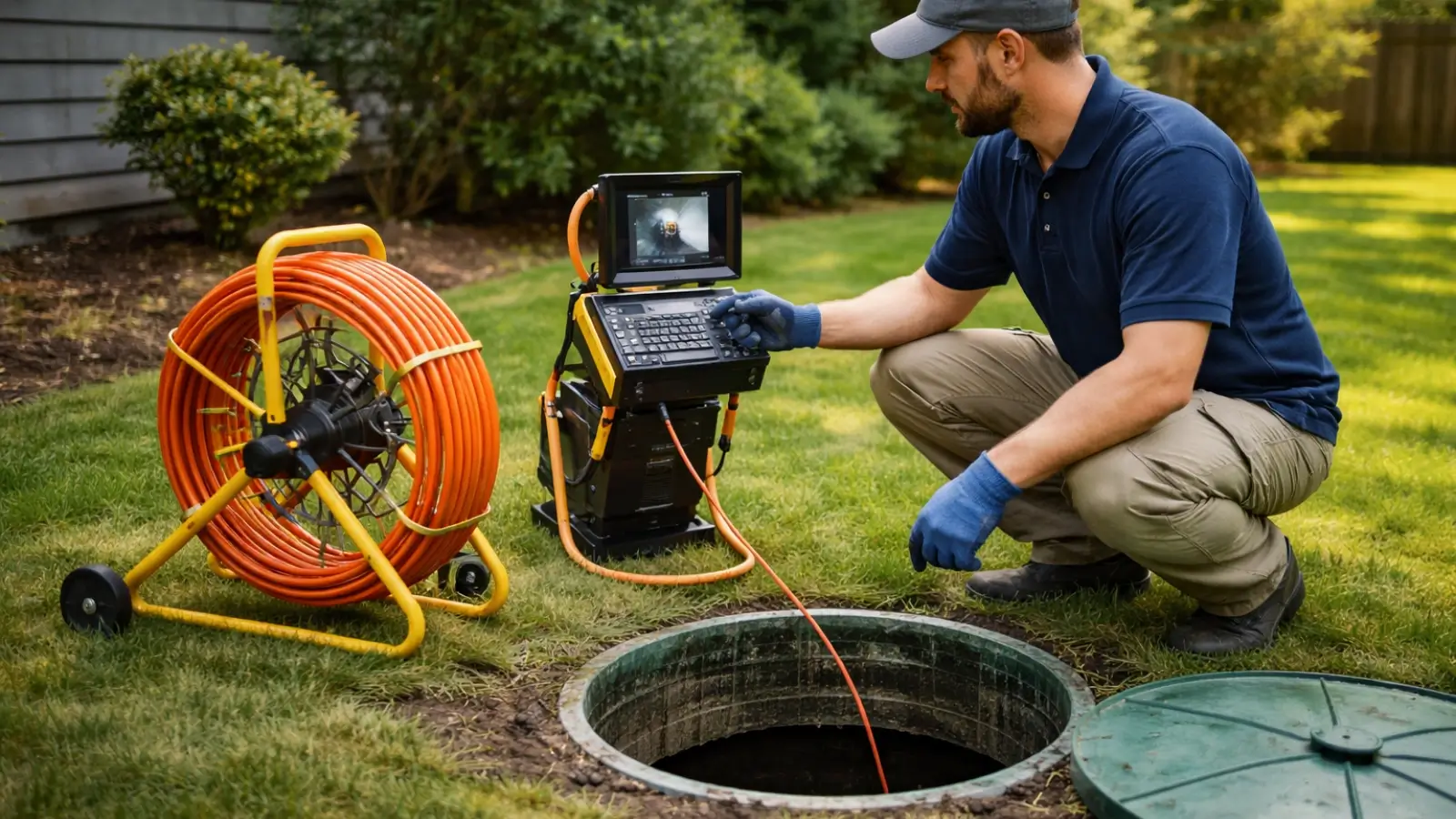Introduction
It starts with the little things—a cluttered countertop, dusty vents, floors that don’t quite shine like they used to. You tell yourself you’ll get to it next weekend, maybe after that next deadline, or once life slows down. But slowly, those “I’ll-do-it-later” areas become part of the background, and the line between clean and just getting by gets blurrier by the day.
What many people don’t realize is that neglecting routine cleaning isn’t just a matter of aesthetics. It quietly affects your health, productivity, mental load, and the very environment you live or work in. While cleaning services are often viewed as a convenience, the truth is they often prevent real, measurable costs—costs most households and businesses never see until they're already paying the price.
So what’s the real cost of not cleaning?
1. Hidden Health Hazards Lurking in Plain Sight
Even a space that appears “not too bad” can hide allergens, mold spores, bacteria, and buildup that affect respiratory health and immune function.
Common issues include:
-
Dust mites in carpets and upholstery triggering allergies and asthma
-
Mold growth in poorly ventilated bathrooms or under sinks
-
Bacteria colonies on high-touch surfaces like light switches and doorknobs
-
Foodborne pathogens on kitchen counters or fridge handles
Regular attention through scheduled house cleaning services can significantly reduce these threats. More importantly, deep cleaning is essential to go beyond surface-level removal and actually eliminate the microbial layers that accumulate over time.
These aren’t just hygiene issues—they’re long-term health risks.
2. Time Lost to Mess and Mental Load
Clutter and disorganization create friction. Every minute spent looking for lost keys, reorganizing paperwork, or clearing space on the kitchen table is time you don’t get back. But the loss goes deeper than wasted time—it erodes mental clarity.
Studies show that cluttered environments contribute to:
-
Increased stress levels
-
Lower focus and concentration
-
Decision fatigue
A messy space subconsciously signals a task unfinished. Over time, that noise adds up.
Delegating that burden to trusted cleaning services restores your time and mental bandwidth. Instead of reacting to the mess, you can start reclaiming your space as a source of calm and clarity.
3. Deferred Maintenance = Expensive Repairs
Dust isn’t just unsightly. It creeps into vents, clogs appliances, and builds in corners where moisture can turn it into a perfect breeding ground for mold or pests.
Letting cleaning tasks slide too long can lead to:
-
HVAC systems running less efficiently due to dust-blocked filters
-
Stains setting into carpet or tile grout
-
Countertop materials wearing down from buildup
-
Wood floors warping from moisture under debris
These are repairs no one enjoys paying for. But in many cases, they’re preventable simply by maintaining consistent upkeep—and periodically investing in deep cleaning that addresses long-term wear points.
4. Lost Business and Damaged Reputation
For business owners, cleanliness affects more than just comfort—it affects your bottom line. When offices, shops, or clinics fail to maintain a tidy environment, clients notice.
It only takes one visit to lose a potential client’s confidence:
-
Dirty windows suggest inattention to detail
-
Dusty fixtures signal a lack of pride
-
Smudged restrooms make people wonder about overall sanitation
Even in spaces where foot traffic is limited, employees feel the difference. And that can impact morale, productivity, and team retention.
Commercial cleaning services go far beyond appearances—they reinforce a culture of care and professionalism that’s reflected in every meeting, every customer interaction, and every review.
5. Cleaning Isn’t a Chore—It’s a System
Many people approach cleaning reactively. Something gets dirty, then they clean it. But that system guarantees you’ll always be one step behind—and often scrambling when guests, inspections, or unexpected events arise.
Professional house cleaning services and commercial cleaning services flip that model. They introduce proactive systems:
-
Regular cleaning schedules that prevent dirt buildup
-
Consistent attention to high-use and high-traffic areas
-
Seasonal or monthly deep cleaning cycles that maintain long-term hygiene
This system saves you the mental energy of figuring out when or how to clean. It creates structure in your environment—something that brings ease to households and efficiency to workspaces.
6. Clean Spaces Promote Better Habits
It’s a small thing with big ripple effects: a clean home makes people more likely to eat healthier, sleep better, and engage in more positive daily habits.
You’re more likely to:
-
Cook meals at home when the kitchen is inviting
-
Sleep longer and deeper in a tidy bedroom
-
Exercise when your floors are clear and your space feels fresh
Cleanliness doesn’t just improve physical surroundings—it encourages better use of time, space, and energy. And when that cycle is supported with regular, professional cleaning services, it becomes much easier to maintain over time.
7. The Emotional Impact of “Letting It Go”
Even if you don’t realize it, mess and dirt carry emotional weight. The feeling of guilt that comes from procrastinating chores. The embarrassment when guests drop by unannounced. The frustration of spending weekends scrubbing instead of relaxing.
These experiences wear on people more than they realize. And while cleaning won’t solve every stressor, eliminating that layer of tension makes a meaningful difference.
Handing off that burden to professionals—like the team at Maid 2 Clean San Diego—doesn’t just clean your home. It clears emotional space for the rest of your life.
8. Reactive Cleaning Is More Expensive in the Long Run
Skipping regular cleaning often leads to emergency cleaning—intensive, expensive catch-up sessions before events, holidays, or inspections. These last-minute marathons are more stressful, more physically demanding, and often cost more than simply maintaining a routine.
On the other hand, proactive scheduling helps you:
-
Avoid peak booking rates
-
Keep your home or business ready at all times
-
Reduce wear and tear on surfaces and systems
-
Enjoy your space instead of dreading the next mess
This mindset shift transforms cleaning from a recurring burden into a manageable system that supports your schedule, not interrupts it.
Conclusion
The cost of not cleaning isn’t just about dust or disorder—it’s about what you trade in health, time, focus, and confidence. Whether you’re a busy professional trying to keep your home in balance or a business owner safeguarding your brand image, routine and deep cleaning aren’t extras—they’re essentials.
And with trusted, reliable cleaning services in your corner, you don’t have to fall into reactive cycles or constant catch-up. You can build a life and a space that supports you—fresh, focused, and fully functional.










